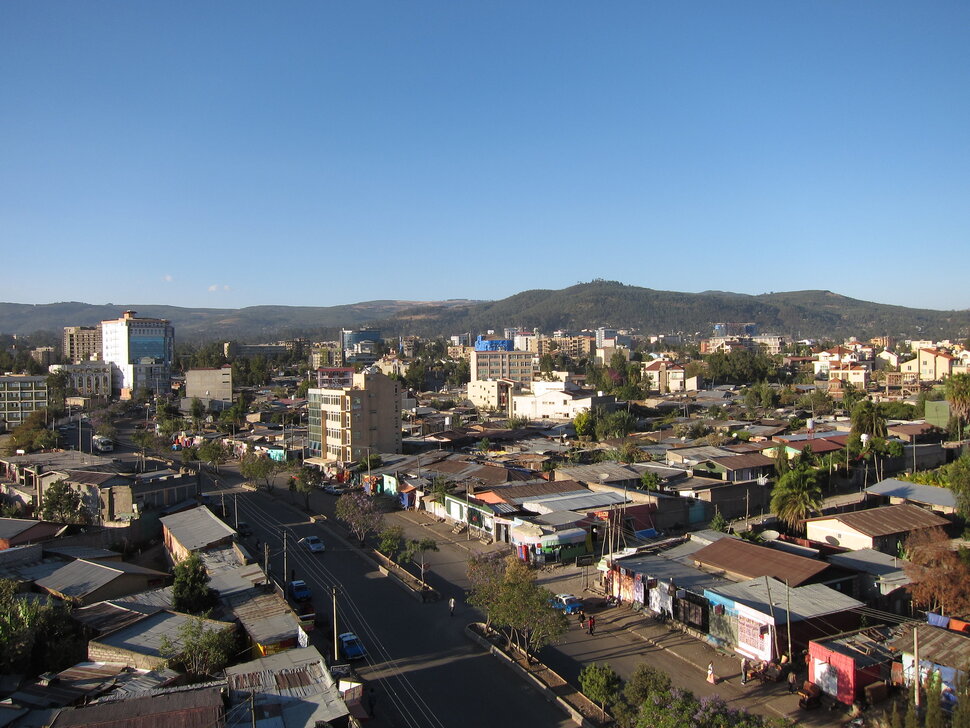About the project
Short name: SustGOV
Duration: 2021-2026
Achieving the Sustainable Development Goals (SDGs) requires policy coherence and global partnerships for sustainable development, a specific focus of SDG 17. SustGOV is a collaborative NORHED project involving the University of Oslo, University of Addis Ababa, and the University of Malawi. The project views governance, in particular SDG 16 – which promotes effective, accountable, and inclusive institutions – as a foundational condition and a key “enabler” for all SDGs. By undertaking teaching and research in the social sciences and humanities (including media), SustGOV’s activities focus on Sub-Programme 4 of the NORHED program document on political and economic governance.
The production of national data on, and the long-debated question of, governance conceptualization and measurement is attracting renewed attention. Of crucial importance for SustGOV is democratic governance, and the contribution of higher education institutions in facilitating the implementation of the 2030 Agenda and the SDGs. SustGOV features both research and teaching components.
Objectives
SustGOV’s overall goal is to foster more and higher quality research, produce higher-quality graduates, promote more inclusive higher education, and disseminate research and policy-relevant findings to a wide audience. SustGOV focuses on a better understanding of how and to what extent:
- Domestic policies aiming to achieve the SDGs balance social, economic, and environmental objectives;
- Near term objectives are aligned with longer-term policy objectives
- Research, teaching and administrative capacities in partner institutions and policymaking on sustainable development in Ethiopia and Malawi can be further strengthened;
- Research undertaken on best practices and challenges – related to governance, policy coherence, private sector investments, and SDG implementation – can be disseminated widely and used in policymaking as well as in developing teaching modules at partner institutions.
Outcomes
The overarching goal is to ensure that project-related activities and outputs lead to change in national and local institutions in Ethiopia and Malawi. We will strive to promote research-based knowledge on how governance for sustainable development can integrate various policy actions and how all stakeholders (include partner institutions in this collaborative project) can achieve greater ownership of policies, decisions, and activities.
SustGOV will highlight synergies between the research component and the education component consisting of a Ph.D. program and short-term modules aimed at media persons, civil society organizations, and local officials. Project activities will create human capital and knowledge as well as strengthen the institutional capacity to implement the SDGs in Ethiopia and Malawi. The project partners will contribute to improved dialogue and dissemination of research results across disciplines, sectors, and geographical locations. The research and teaching activities of this project will inform policies on sustainable development and the implementation of the 2030 Agenda by facilitating platforms for regular interaction among a diverse group of stakeholders – including government officials, practitioners, media, civil society, private sector, citizens and academia.
Financing
The project is financed by the The Norwegian Agency for Development Cooperation (Norad).
Cooperation
- Addis Ababa University (AAU)
- Department of Political and Administrative Studies, University of Malawi (UoM)
